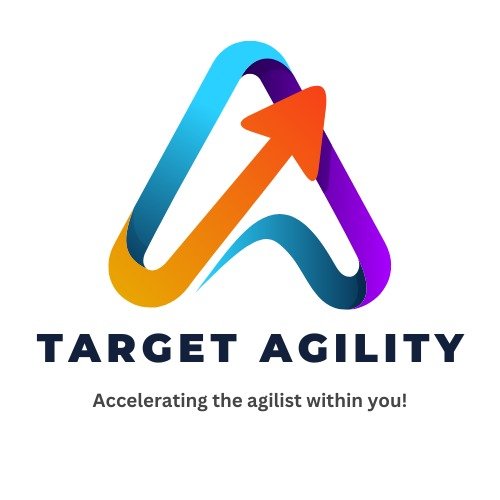When it comes to managing projects, two roles often come up: Scrum Master and Project Manager. Both are important, but they work in different ways and have different responsibilities. Understanding what sets them apart can help you decide which one is the right fit for your project or organization.
What Does a Scrum Master Do?
A Scrum Master works within Agile frameworks, specifically the Scrum methodology. Agile is all about being flexible and working in small, manageable steps. The Scrum Master’s main job is to guide the team, making sure everyone is following the Scrum process and staying productive.
Key Responsibilities:
- Running Scrum Meetings: Scrum Masters organize important meetings like sprint planning, daily stand-ups, and reviews.
- Removing Roadblocks: They help the team by removing anything that might slow them down.
- Coaching the Team: The Scrum Master teaches and supports the team in using Scrum and Agile practices effectively.
- Protecting the Team: They keep the team focused by blocking outside distractions or pressures.
- Encouraging Teamwork: They ensure good communication and collaboration within the team and with other stakeholders.
A Scrum Master doesn’t make decisions about the project’s budget, timeline, or scope. Instead, they focus on making sure the team works well within the Agile framework.
What Does a Project Manager Do?
A Project Manager is often found in more traditional project management methods like Waterfall, where projects follow a strict sequence. The Project Manager is responsible for the entire project, managing both the team and outside stakeholders.
Key Responsibilities:
- Setting Project Goals: They define what the project needs to accomplish and make sure it aligns with business objectives.
- Planning: Project Managers create detailed plans, including timelines and budgets, to keep the project on track.
- Managing Resources: They assign people, money, and materials to different tasks, ensuring the project runs smoothly.
- Handling Risks: They identify potential risks and come up with backup plans to avoid issues.
- Communicating with Stakeholders: Project Managers are the main point of contact, keeping everyone informed about progress or problems.
Unlike Scrum Masters, Project Managers handle everything from start to finish, including making key decisions about timelines, resources, and the overall direction of the project.
Main Differences
- Approach: Scrum Masters work with Agile methods, while Project Managers often use traditional methods like Waterfall.
- Responsibilities: Scrum Masters focus on helping the team, while Project Managers oversee the entire project, including deadlines and budgets.
- Decision-Making: Project Managers make big decisions about the project’s path, while Scrum Masters focus on guiding the team’s process.
- Team Leadership: Scrum Masters support a self-managing team, while Project Managers have more direct control over team members and tasks.
Conclusion: Which Role is Better?
Neither role is better than the other; it really depends on the type of project and how the company likes to work. A Scrum Master might be better for Agile projects that need flexibility and teamwork. On the other hand, a Project Manager might be a better fit for long-term projects that require detailed planning and strict deadlines.
Both roles are valuable in their own ways, and the best choice depends on the project’s needs and goals.












